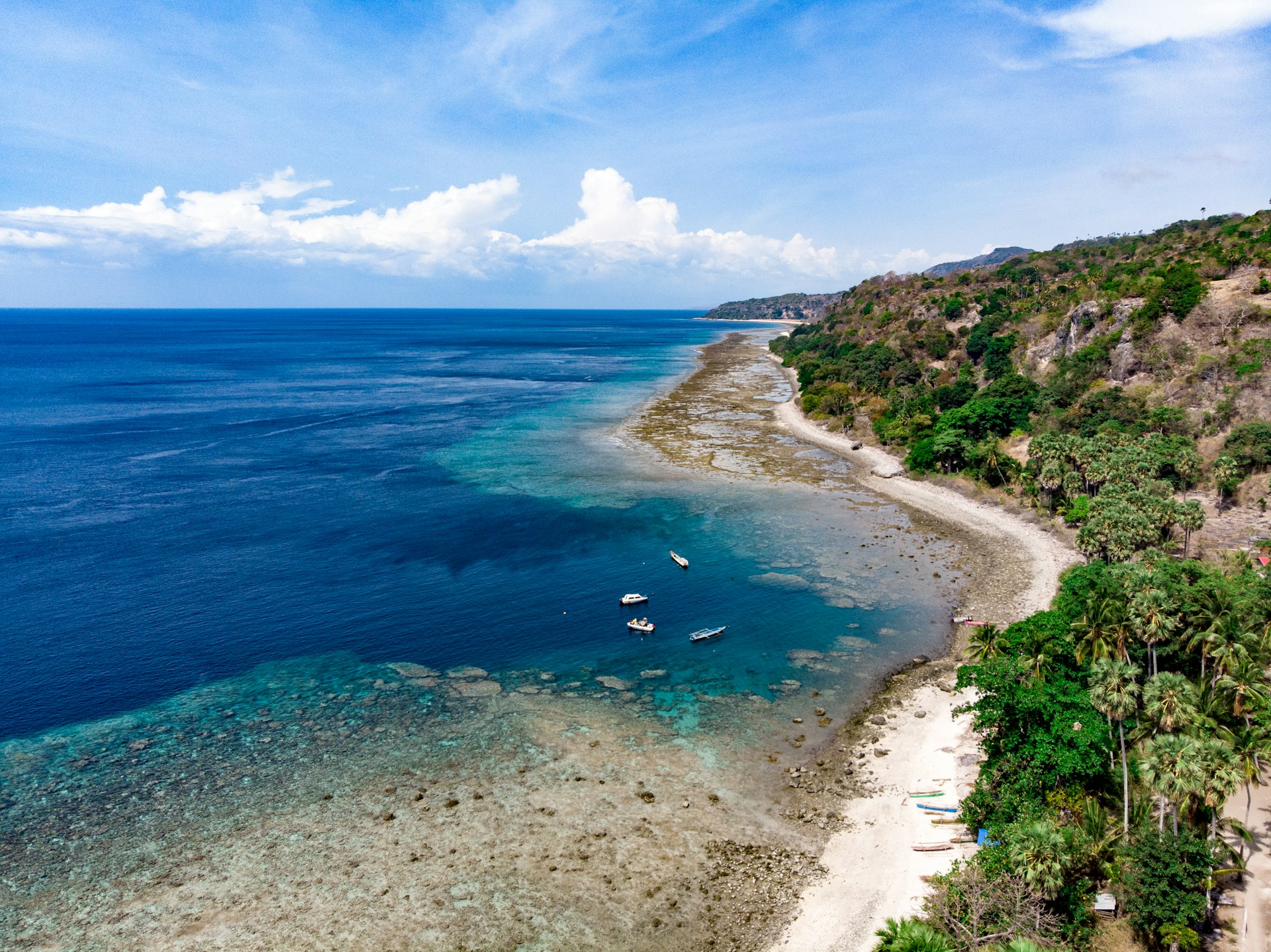Baleine Chooses DOF for FPSO FSO Install

The Norwegian maritime service provider DOF has secured a significant installation contract from Altera Infrastructure for the deployment of FPSO (Floating Production, Storage, and Offloading) and FSO (Floating Storage and Offloading) units. This operation is part of the second phase in the development of the Baleine field, which is managed by Eni off the coast of Ivory Coast.
This comprehensive project encompasses the installation of underwater mooring systems and a flowline connecting the FSO and FPSO, in addition to related equipment.
Under the terms of the contract, DOF is tasked with project management, engineering, transportation, installation, and the final hook-up of the floating structures at the site. The company will deploy the Skandi Skansen, an anchor handling vessel, for over 130 days to support the project.
Preparation for the project, including project management and engineering efforts, will commence promptly at DOF's facilities in Bergen and Aberdeen. The offshore phase is scheduled for the third quarter of 2024.
Previously, Altera Infrastructure had secured agreements with Eni to utilize the cylindrical FPSO Voyageur Spirit and the shuttle tanker Nordic Brasilia for the Baleine field, under a 15-year fixed-term contract. The Nordic Brasilia, a shuttle tanker built in 2004, is set to be converted into an FSO to enhance the storage capacity for the FPSO. Altera holds ownership and operational responsibility for both vessels.
Additionally, Baker Hughes has been contracted to supply eight deepwater trees, three Aptara manifolds, a corresponding subsea production control system, and the necessary flexible risers and jumpers. Meanwhile, Saipem has been awarded a $400 million drilling contract utilizing the 7th generation drillship Deep Value Driller.
The Baleine field is noted as the most significant commercial find in Ivory Coast over the past two decades, poised to boost the nation's energy production and affirm its position as a key energy hub in the region.
Markedly, this development is distinguished as Africa’s inaugural net zero emissions endeavor, addressing both scope 1 and scope 2 emissions. The project is advancing on an accelerated timeline, with the target for Phase 2's commencement set for the final quarter of 2024.